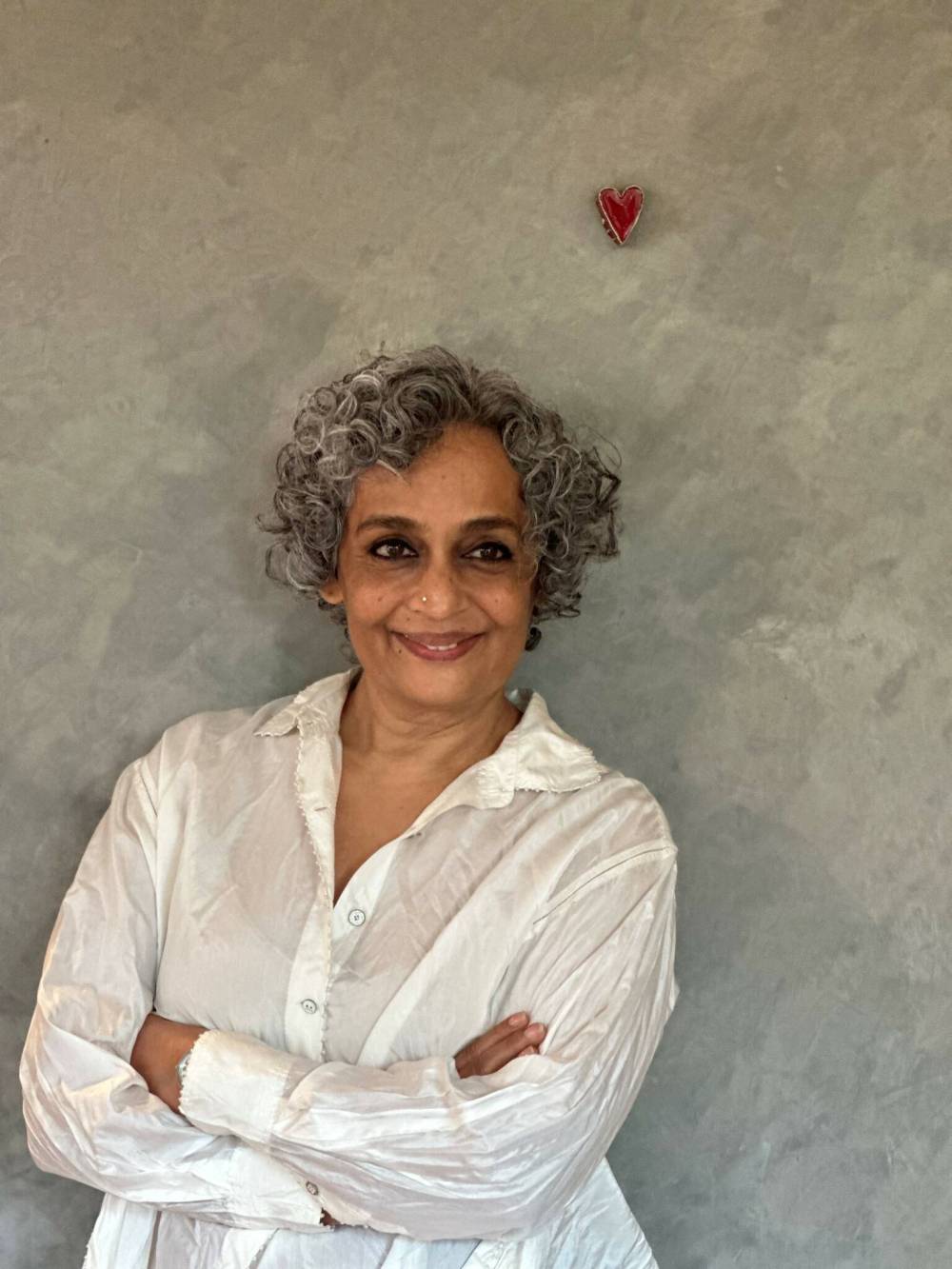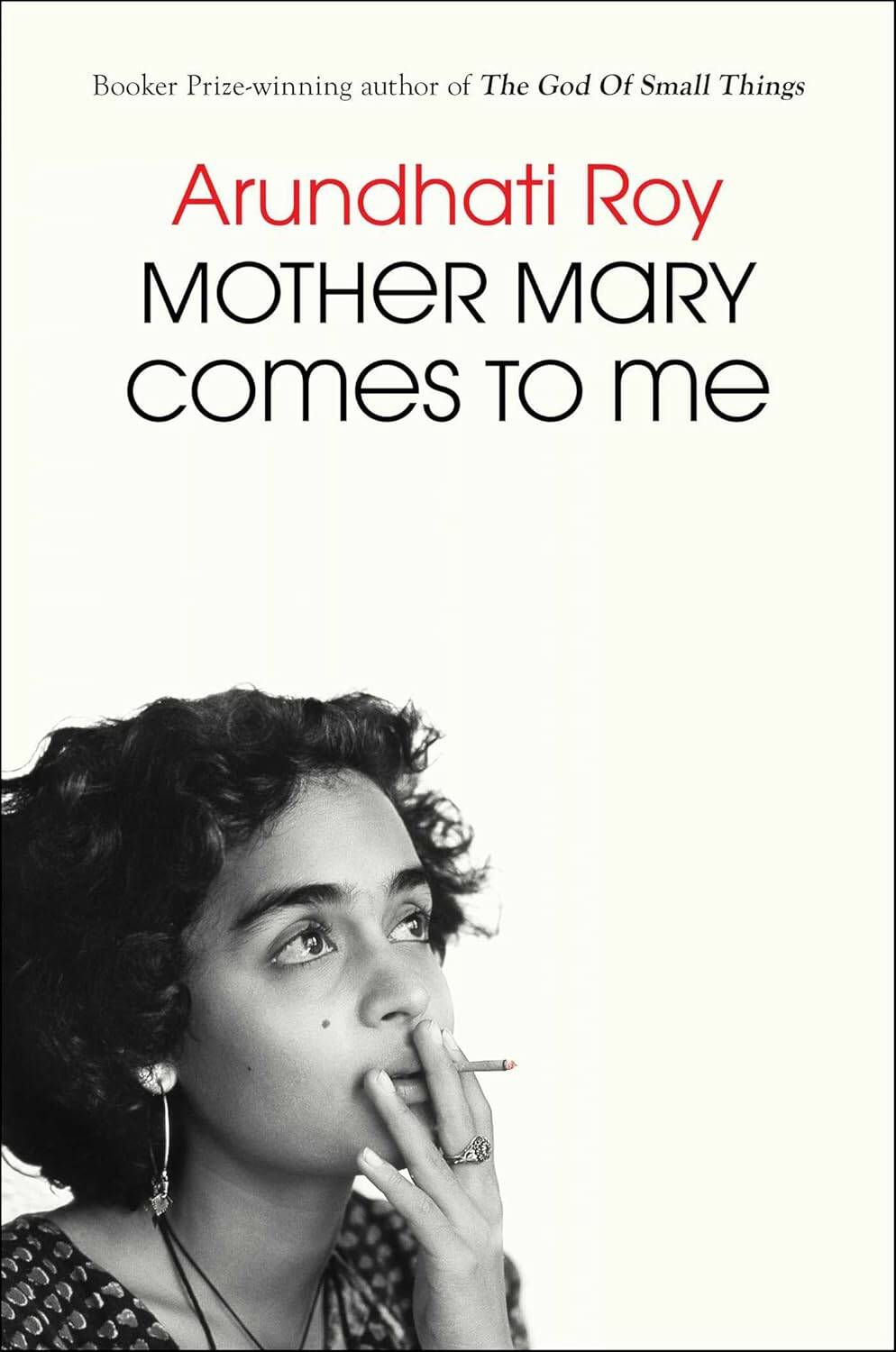Words of wisdom
Booker winner explores fraught relationship with mother in moving memoir
Advertisement
Read this article for free:
or
Already have an account? Log in here »
To continue reading, please subscribe:
Monthly Digital Subscription
$1 per week for 24 weeks*
- Enjoy unlimited reading on winnipegfreepress.com
- Read the E-Edition, our digital replica newspaper
- Access News Break, our award-winning app
- Play interactive puzzles
*Billed as $4.00 plus GST every four weeks. After 24 weeks, price increases to the regular rate of $19.00 plus GST every four weeks. Offer available to new and qualified returning subscribers only. Cancel any time.
Monthly Digital Subscription
$4.75/week*
- Enjoy unlimited reading on winnipegfreepress.com
- Read the E-Edition, our digital replica newspaper
- Access News Break, our award-winning app
- Play interactive puzzles
*Billed as $19 plus GST every four weeks. Cancel any time.
To continue reading, please subscribe:
Add Winnipeg Free Press access to your Brandon Sun subscription for only
$1 for the first 4 weeks*
*$1 will be added to your next bill. After your 4 weeks access is complete your rate will increase by $0.00 a X percent off the regular rate.
Read unlimited articles for free today:
or
Already have an account? Log in here »
Arundhati Roy’s mother, Mary, was an extremely strong-willed woman who was loved, feared or both by those who knew her. In her memoir Mother Mary Comes to Me, Roy recounts her struggles to meet her mother’s expectations and win her love — an epic task.
In 1997 Roy won the Booker Prize for her first novel, The God of Small Things, a semi-autobiographical account of her childhood. The book’s depiction of a sexual relationship between members of conflicting Indian castes caused public outrage, a legal challenge and eventually resulted in Roy spending a day in jail. She’s also known for her second novel, The Ministry of Utmost Happiness, and has written essays on Indian societal and political issues. While Mother Mary Comes to Me is a memoir, it’s written in a lyrical style similar to Roy’s fiction.
Mary founded and ran a co-educational school in Kerala, a state in southern India. This was an unheard-of undertaking for a woman in a male-dominated society.

Mayank Austen Soofi photo
Having a famous (or infamous) mother caused Arundhati Roy anxiety and a desire to hide from the public eye in her younger years.
The mother of a young son and daughter, she was also viewed askance because she divorced her husband, an alcoholic who had isolated the family on a remote tea plantation, describing her ex-husband as a “nothing man.”
Mary’s family belonged to a minority religious sect, Syrian Christians. While her peers tried to live under the radar of the Hindu majority, Mary’s actions attracted public attention. Her notoriety increased greatly when she won a legal judgment giving Syrian Christian women equal inheritance rights with their male siblings.
Having such a famous (or infamous) mother caused Roy anxiety and a desire to hide from the public eye in her younger years. She spent time at a nearby river, playing with village children and learning to fish. In this peaceful refuge she found respite from her mother’s constant disapproval and erratic temperament — an emotional minefield she was forced to navigate.
“As a child I loved her irrationally, helplessly, fearfully, completely, as children do. As an adult I tried to love her coolly, rationally, and from a safe distance,” Roy explains.
After growing up in the countryside, entering the Delhi School of Planning and Architecture in 1976 was an enormous change for 16-year-old Roy. She gradually adapted to independent student living and began emotionally detaching herself from her mother.
“My childhood was over. I was no longer prepared to be humiliated… I was no longer prepared to understand that when she hit me and raged at me, quite often it was because she was angry at someone else who she couldn’t hit or insult in the same way, so I stood in for them,” Roy writes.
After a brief marriage in the late 1970s, Roy’s life of self-imposed poverty changed when in 1984 she met Pradip Krishen, a filmmaker from a wealthy family who she would eventually marry. After his wife left him and their two young daughters, Roy moved in and joined his film crew, eventually working as a scriptwriter and winning a national film award. This gave her the confidence to begin writing her first novel.

Mother Mary Comes to Me
After a seven-year absence, Roy visited her mother, and the two slowly reconciled. The Booker Prize and international acclaim for The God of Small Things transformed Roy’s life, making her a famous, relatively wealthy woman, but one who would receive death threats and legal challenges. She was pleased that Mary fully supported her political activism.
As Mary’s health declined, Roy finally saw her mother as a vulnerable woman. After Mary’s death in 2022, Roy was overwhelmed with grief for the woman she loved and hated. It’s through this lens of conflicting emotions that she shares her story of her extraordinary mother.
Andrea Geary is a freelance writer in Selkirk.

